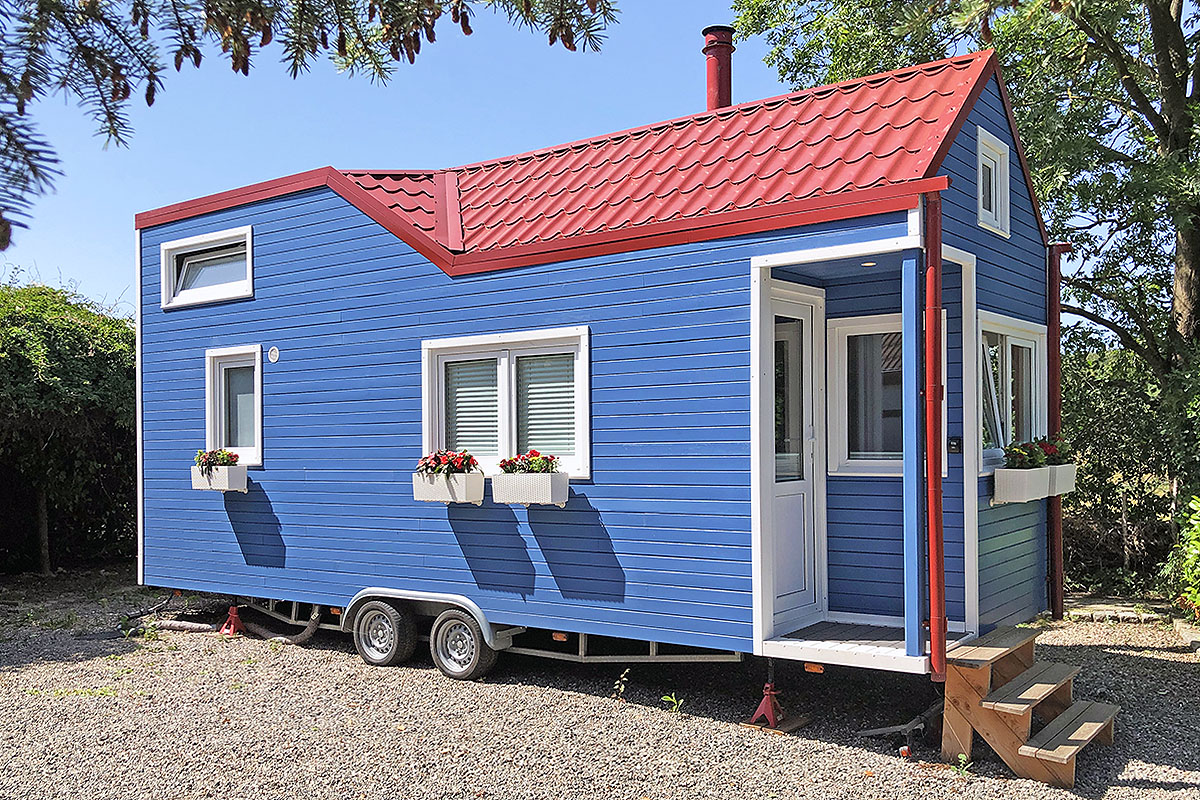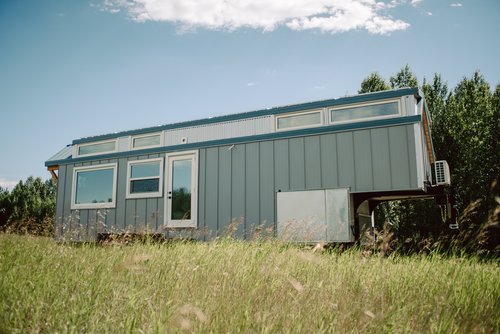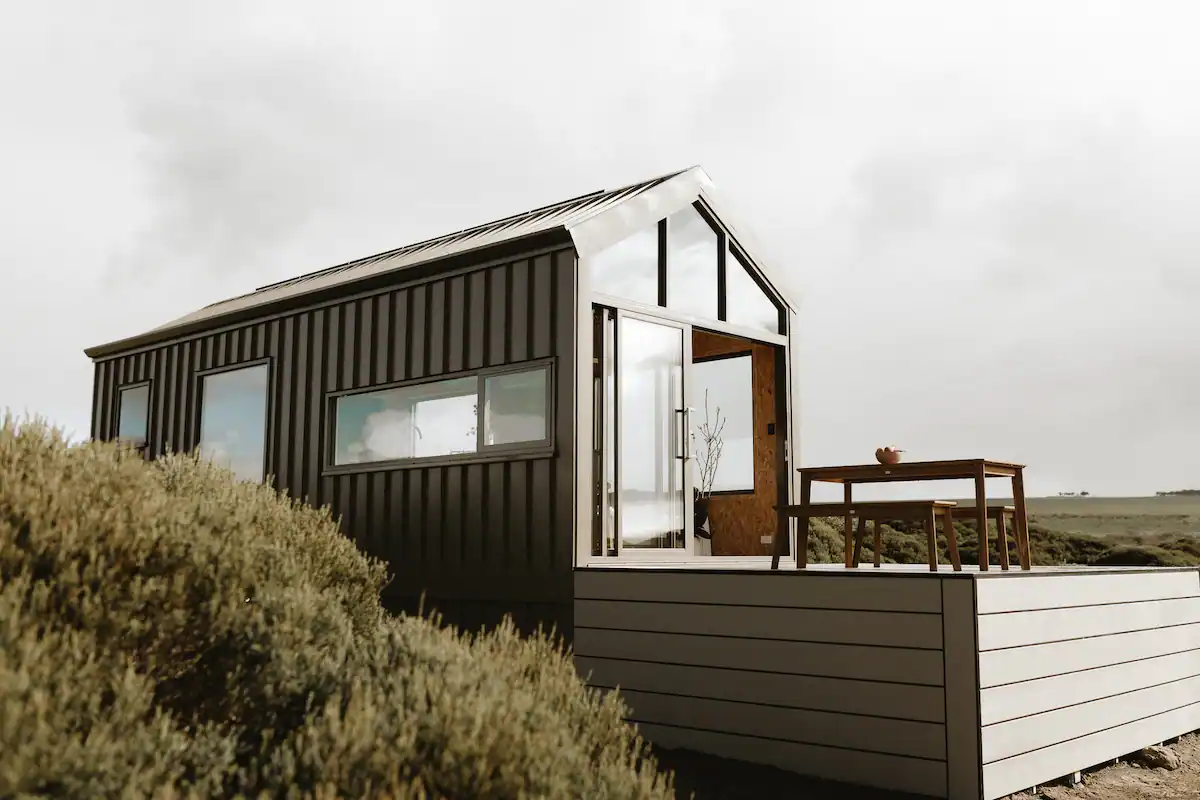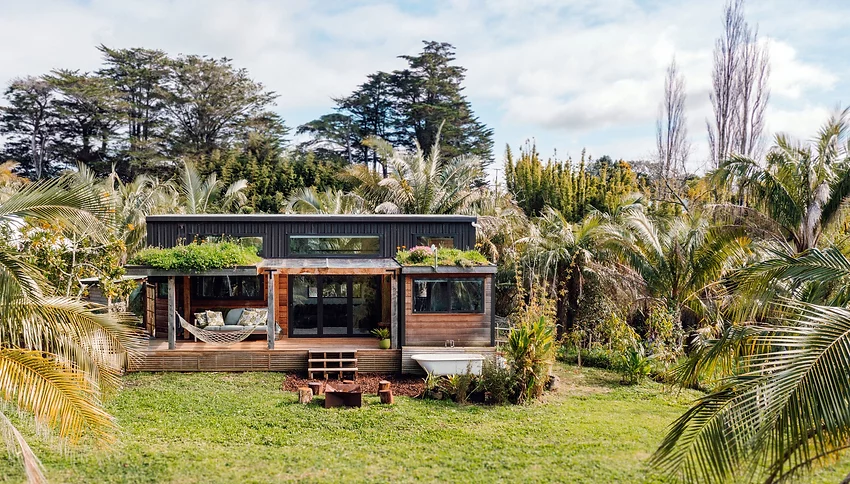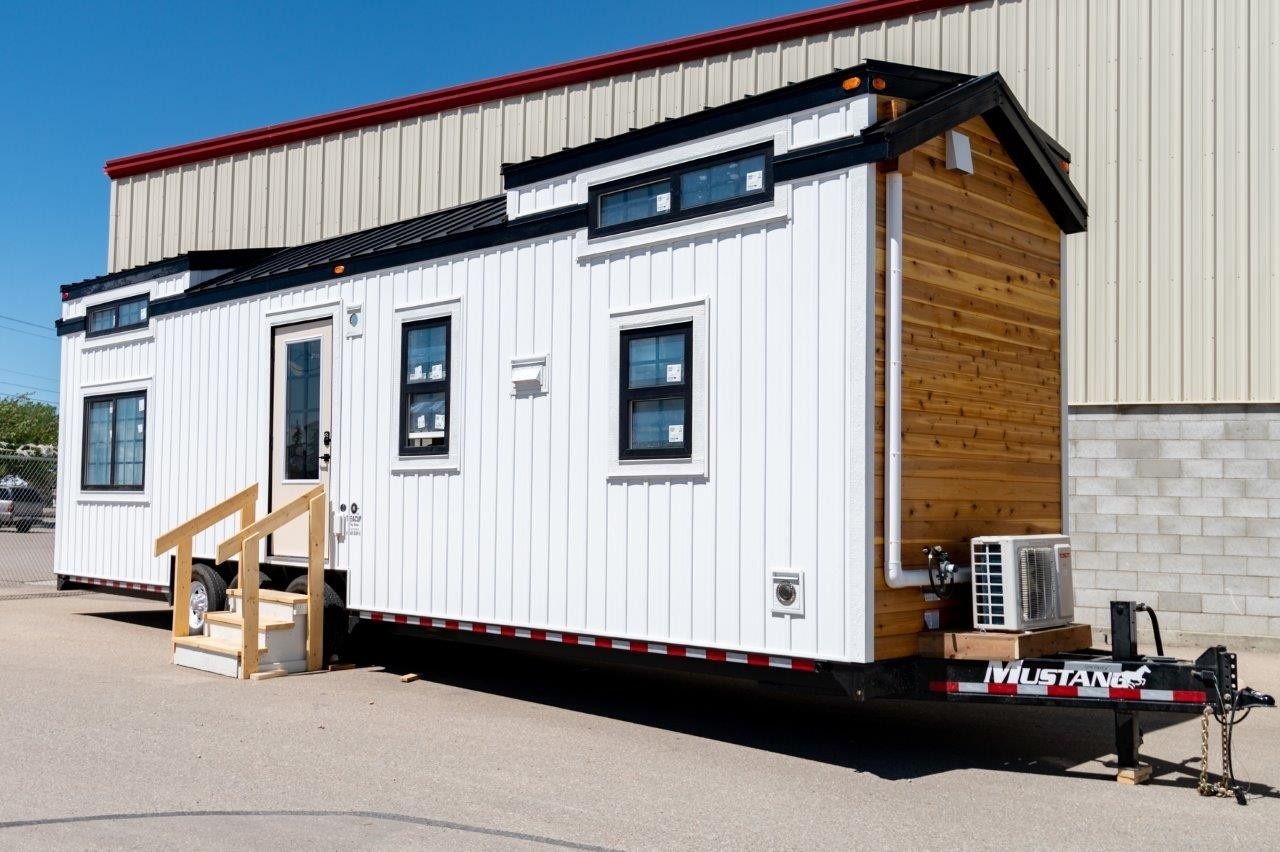Has the thought of living in a tiny home crossed your mind lately? Tiny houses have gained popularity worldwide and you may be seeking for reasons as to why you would consider living a tiny house. In this article I explore four reasons why you would consider living in a tiny house rather than the traditional house.
A survey by IPX1031 on tiny homes found out that among the top reasons why people would live in a tiny home are affordability, efficiency, eco-friendliness and the ability to live a minimal lifestyle.
Tiny Home Affordability.
The financial benefits of a tiny house are substantial. To begin with the initial cost of building a tiny house is less than the cost of building a conventional home. In the IPX1031 survey, the price to purchase or build a tiny home can vary and depends on a number of factors. Most tiny homes cost between $30,000 to $60,000 while the median price for a starter home is $233,400, according to the National Association of Realtors. Exactly half of respondents said they would spend less than $40,000 on a tiny home and 79% said they would be able to buy or finance a tiny home rather than a traditional starter home.
Secondly, due to their smaller size, most of the utilities and all the maintenance costs of tiny homes are less. You can achieve great savings on bills such as electricity and gas.
Thirdly, you make additional savings with reduced property taxes or rent. Tiny houses, not being permanent structures, are not regarded as improvements to the land. As a result, they don’t increase the value of the land or the expense of property taxes. Additionally, if the land is rented rather than owned, it’s considerably cheaper to rent a plot of land for a tiny house compared to renting a house or apartment.
Finally, there are also personal financial benefits from the reduced consumption that results from living in a tiny home. Having less space results in less shopping and buying. There is only room for what you need.
Efficiency.
Tiny homes leverage their small space and naturally built-in design features to consume as little energy as possible. In a tiny home, the incredibly small amount of space is much easier to heat and cool compared to a large home, which reduces the amount a tiny home inhabitant must spend on temperature regulation. Moreover, tiny homes tend to have the entire space between their interior and exterior walls filled with insulation, leading to incredible temperature control.
Tiny homes also take advantage of naturally built-in features to save energy. For example, comparatively large windows let in a lot of natural light, and lofted beds save space and are more comfortable since all of the heat in the home rises to where you sleep.
Tiny Home Eco friendliness
The use of fewer utilities not only saves money but it also has a smaller impact on the environment. Some homes go so far as to use no utilities by being completely off-grid. Also, with less consumption comes less waste going into landfills.
Minimalism.
Living in a tiny house will force you to lead a simpler life. Living tiny results in owning less, less thinking about your stuff, less time upgrading your stuff and less time maintaining your stuff. It’s a way to manage and organize not just what you have but how you live your life. It is a lifestyle. We live in a society that is mainly focused on consumption. Minimalism strives to break out of that mindset and provide a level of freedom from the need to possess things for the sake of it.
